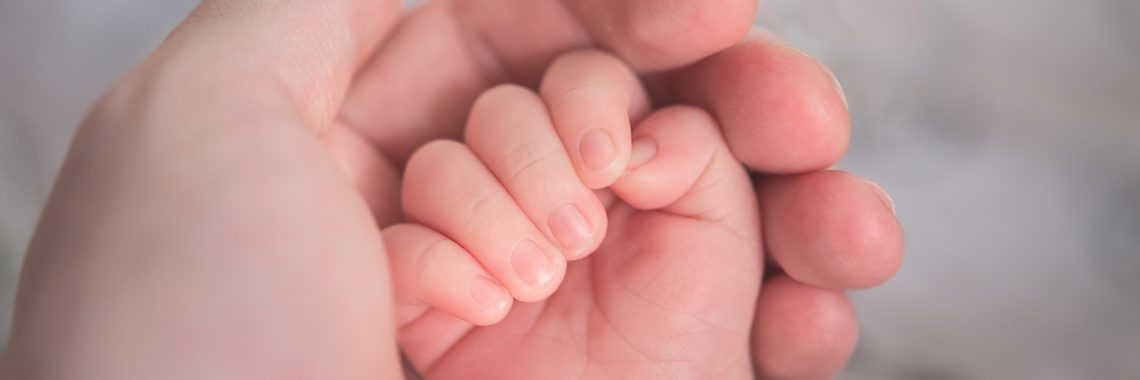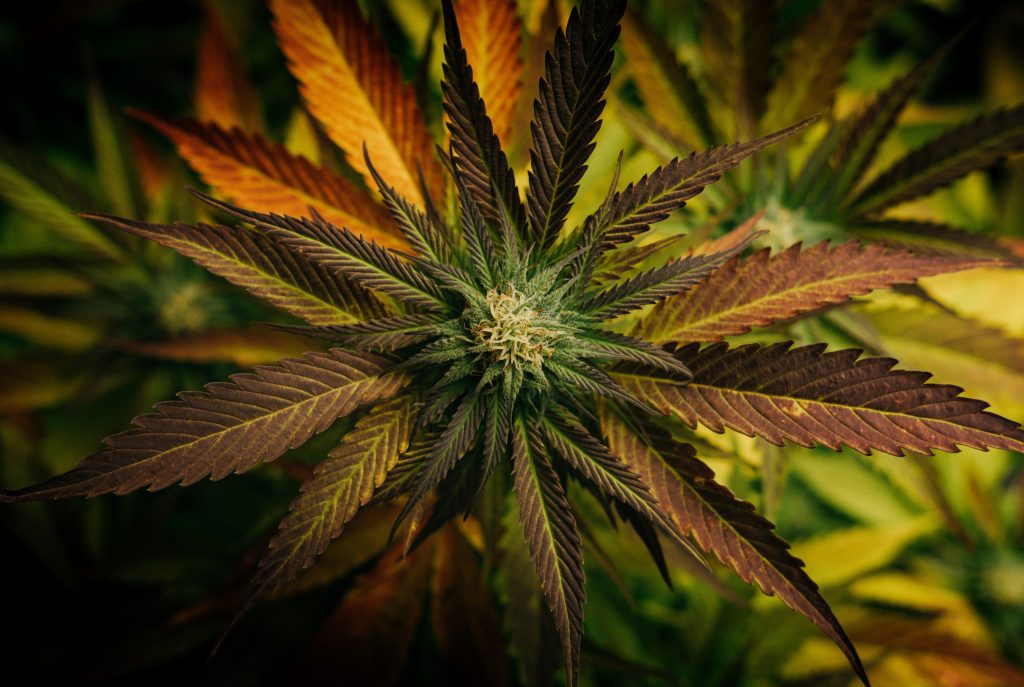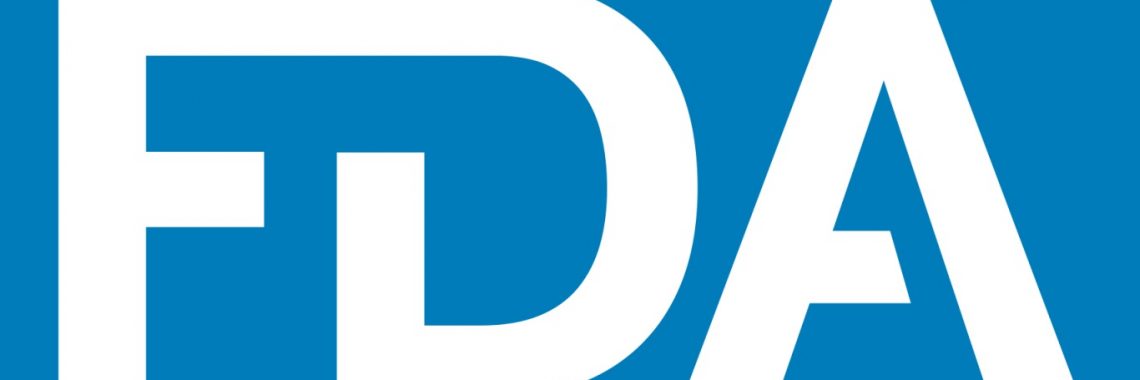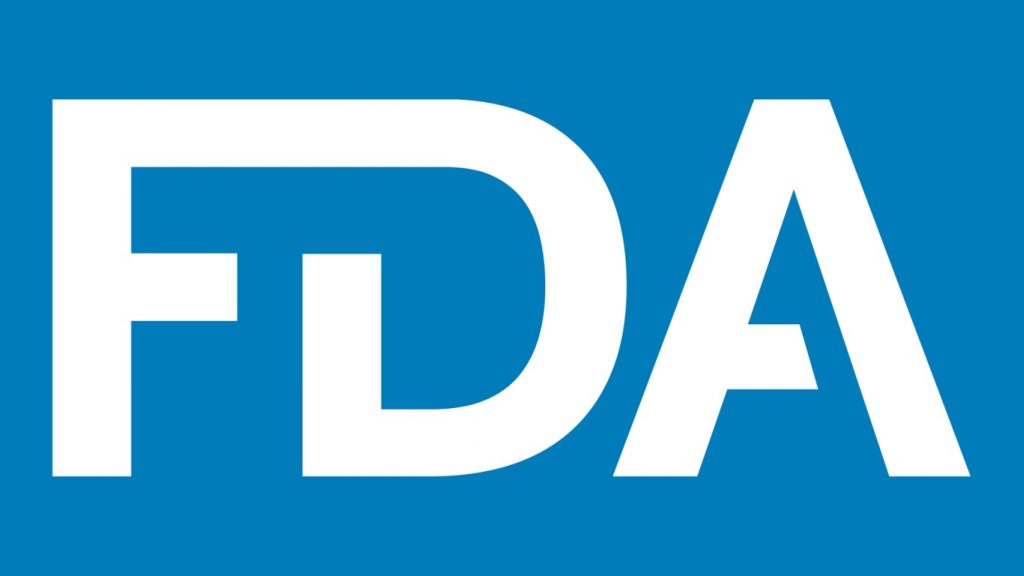State of Arkansas Launches Grant Program for Pro-Life Pregnancy Resource Centers
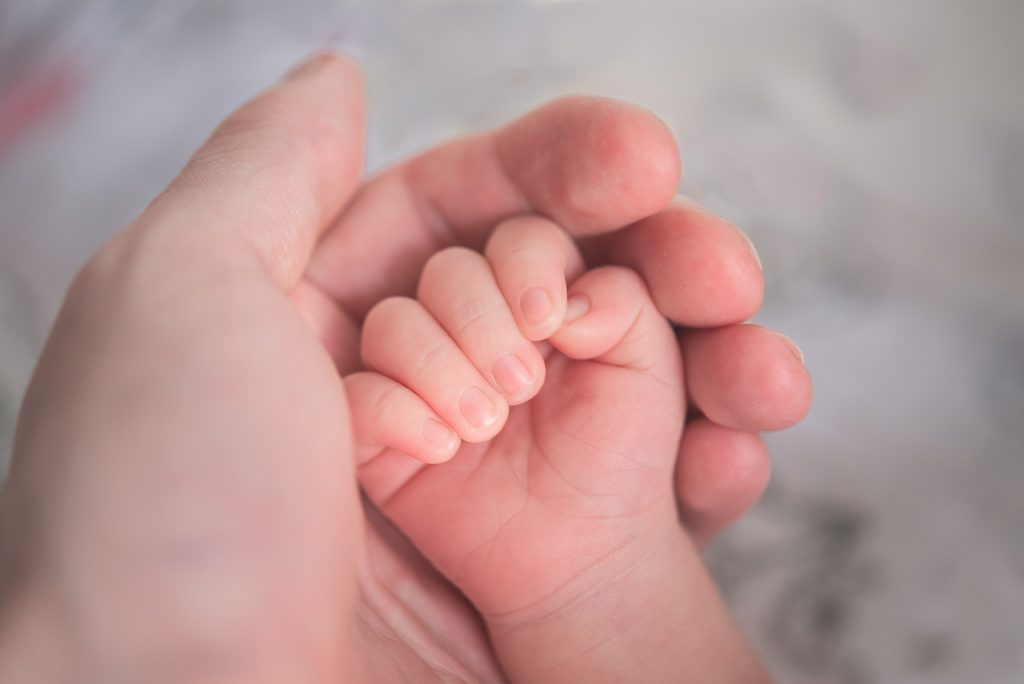
The Arkansas Department of Finance and Administration is accepting grant applications from pregnancy help organizations across the state.
Act 187 of 2022 budgets up to $1 million in state funds to provide grants for organizations that assist women with unplanned pregnancies — including pregnancy resource centers, maternity homes, adoption agencies, and social services agencies.
These organizations provide women with real options besides abortion, and they help women and families as they navigate unplanned pregnancies.
According to the Department of Finance and Administration, pregnancy help organizations can use the funds for projects and expenses such as:
- Activities in direct support of pregnant women
- Project material and supplies
- Advertising of available services
- Brochures and publications explaining services and available resources
- Rent of facilities where services are provided
- Utilities of facilities where services are provided
- Contracts for client-focused professional services (mental health counseling, etc.)
- Staffing for the duration of the project
Now that Roe v. Wade has been reversed and Arkansas has prohibited abortion except to save the life of the mother, we need to step up and help women with unplanned pregnancies.
Providing grant funding for pregnancy help organizations is part of our long term strategy to reduce the demand for abortion in Arkansas. This grant money could be a game-changer for many pro-life charities.
Pregnancy resource centers can contact the ARFuture Foundation in Little Rock for additional information about applying for this grant and others in Arkansas.

